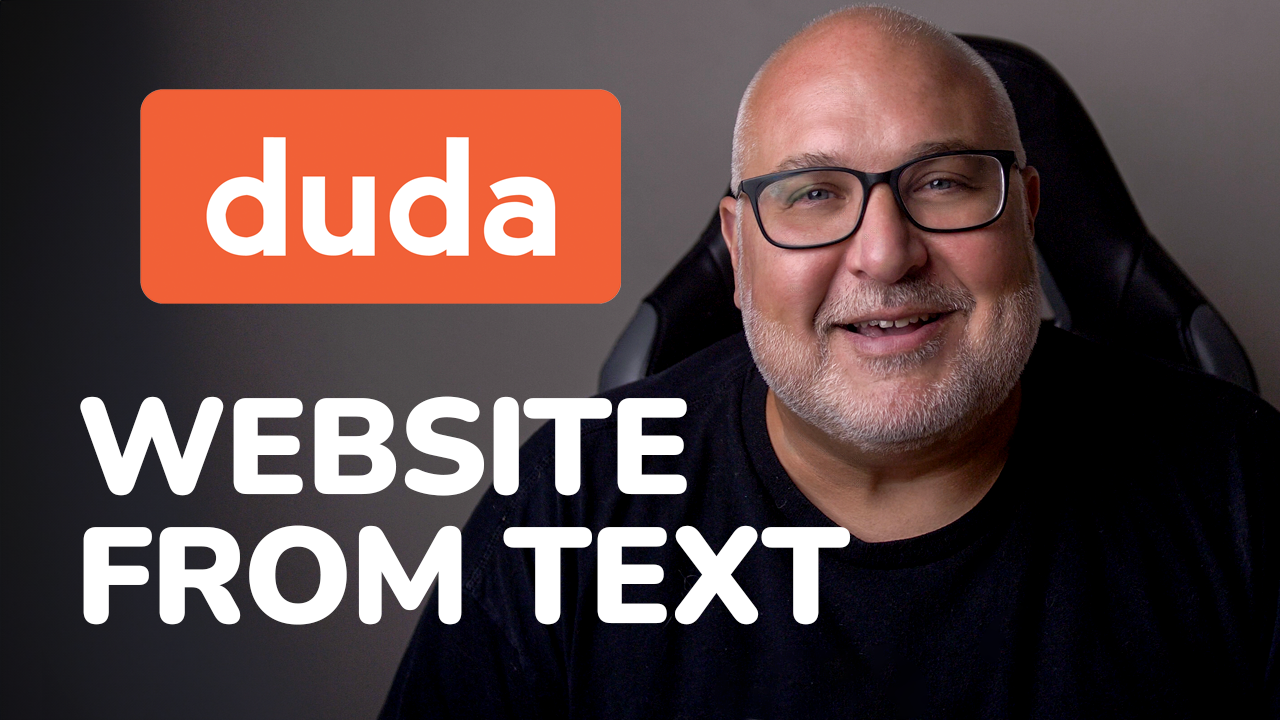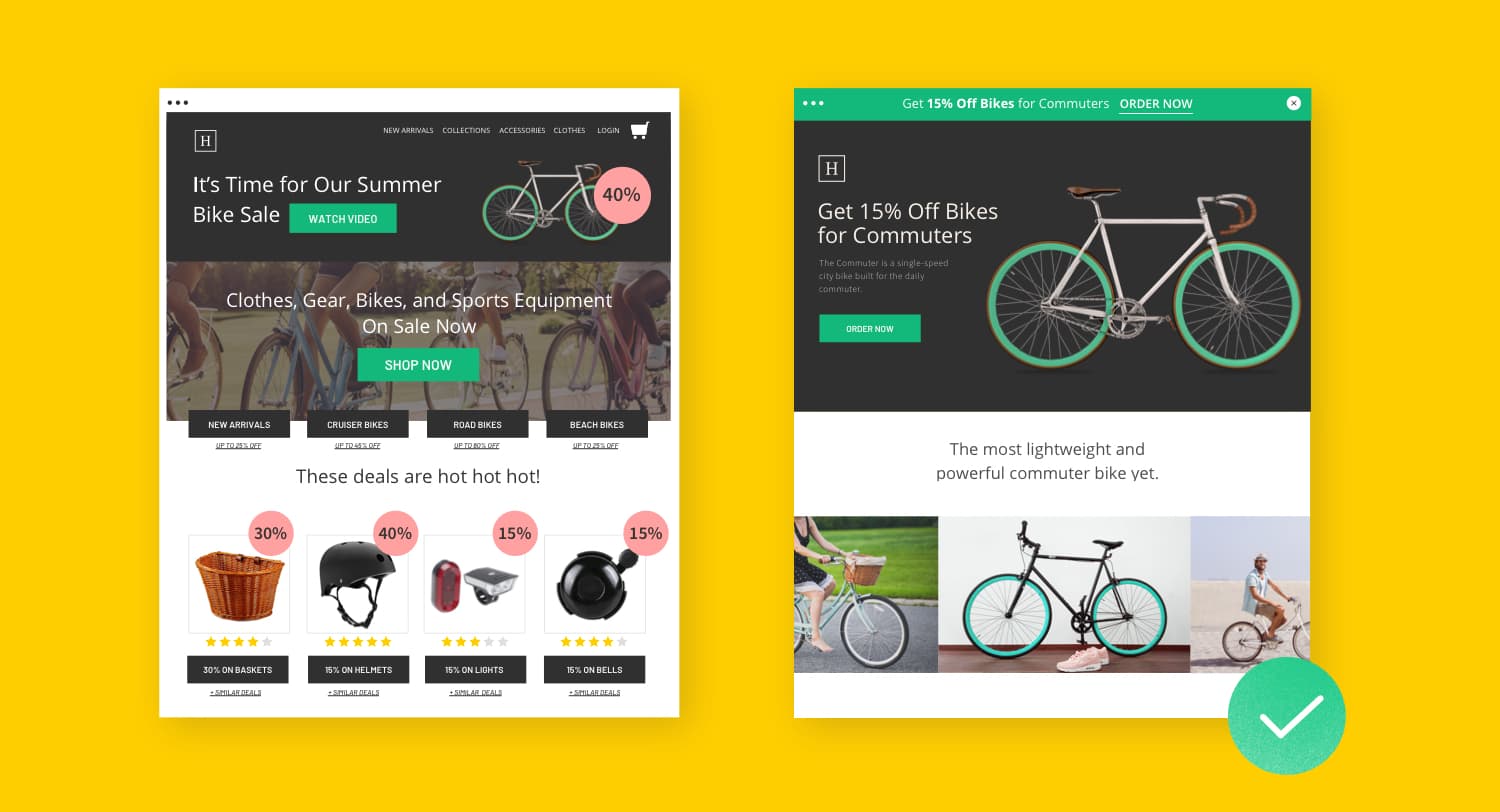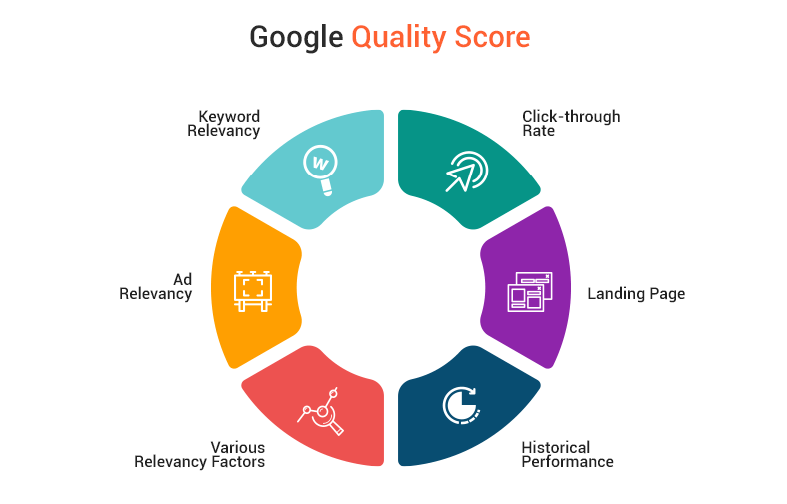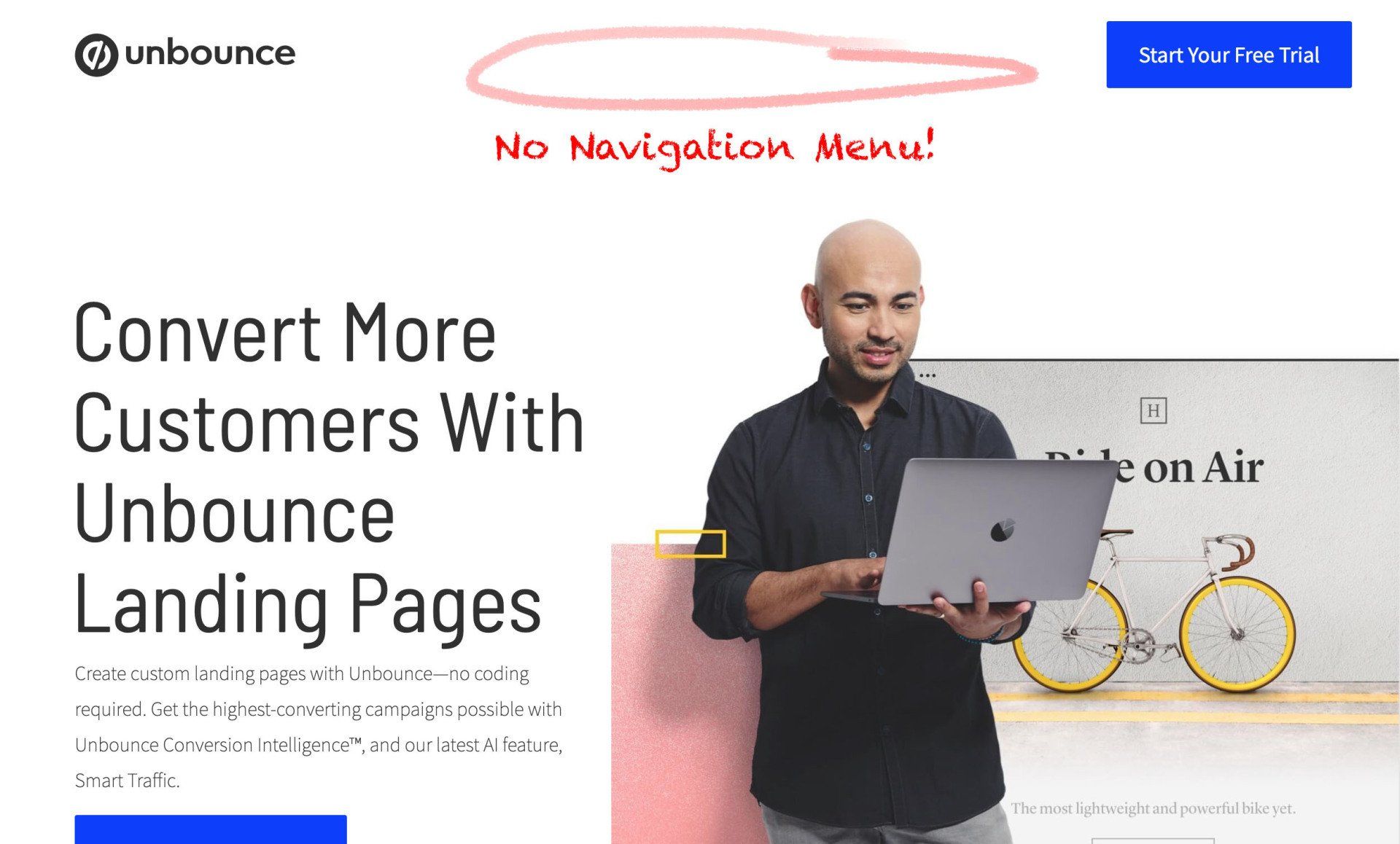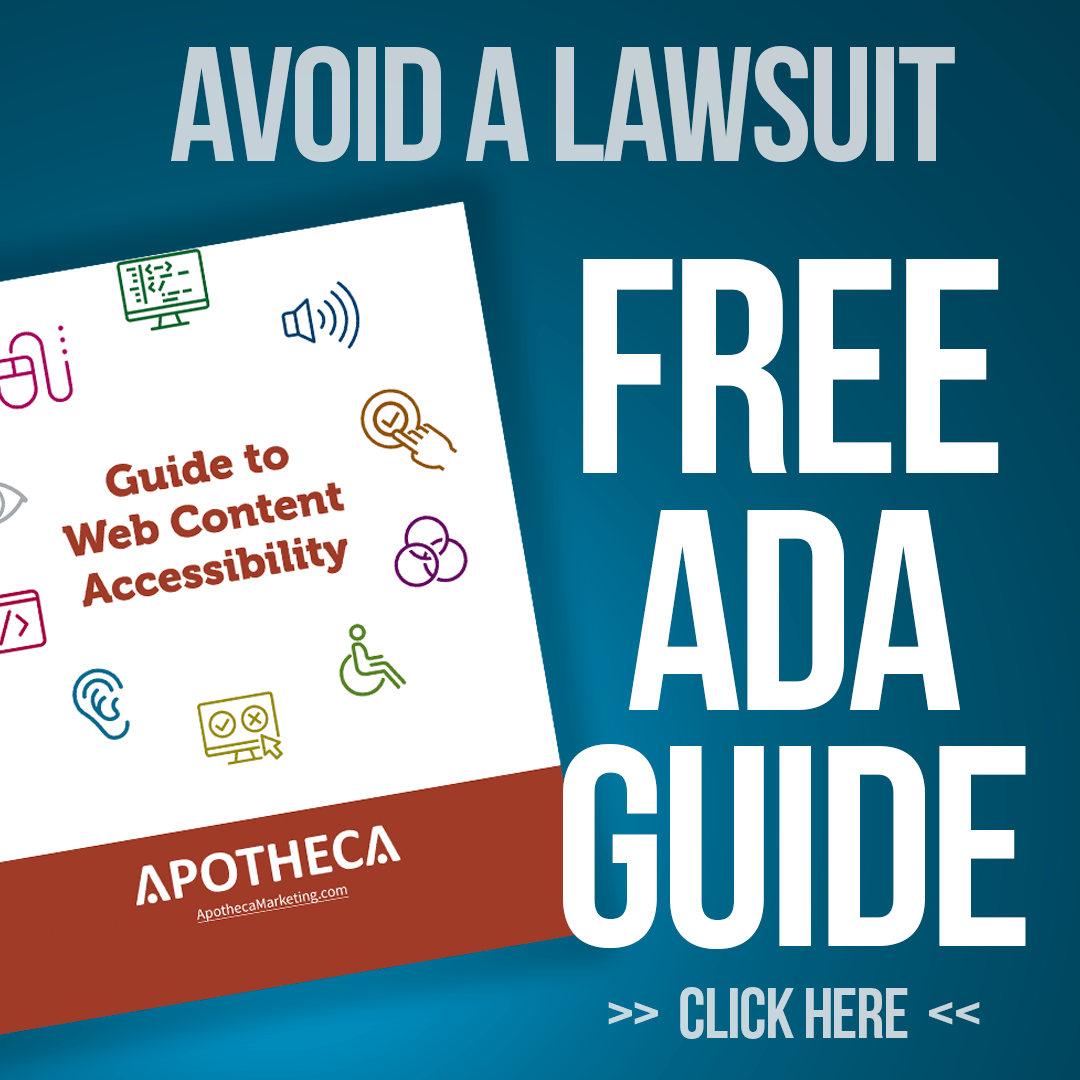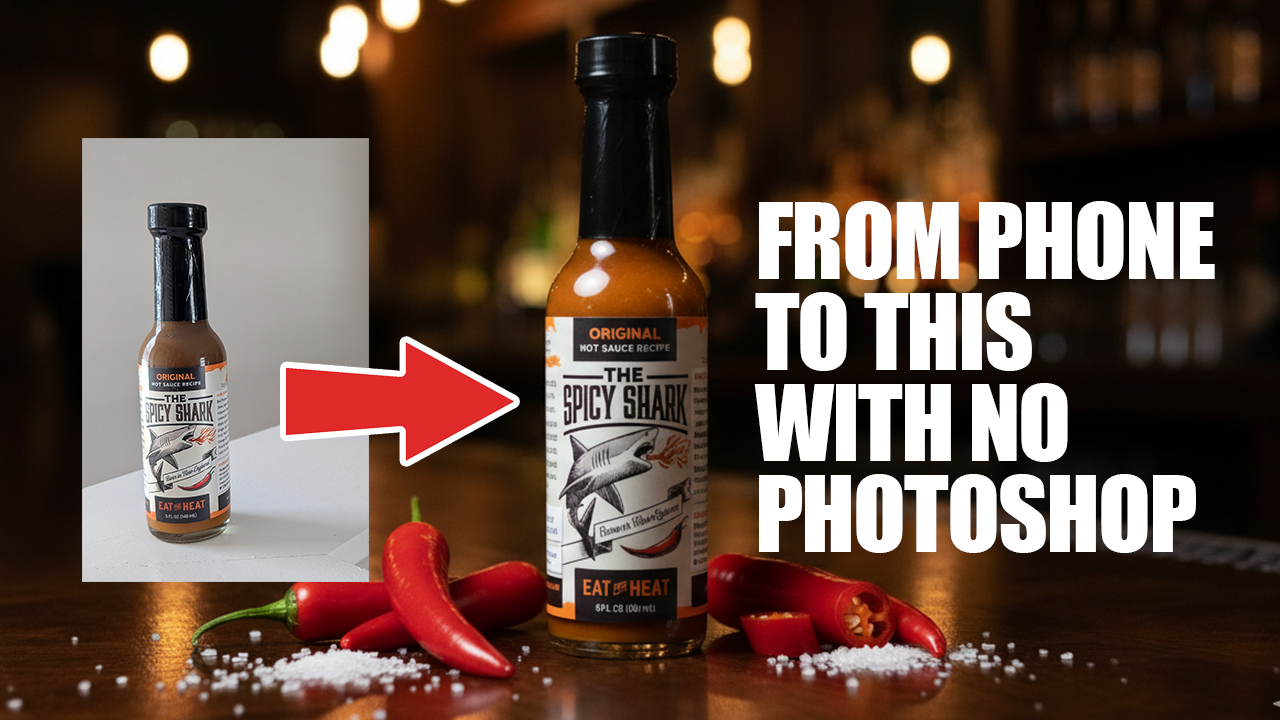Should You Be Using Landing Pages?
Roy Bielewicz
You’ve heard the term “landing page”, right? Obviously it’s a page where you “land” people who are clicking through from a marketing campaign. But, why is it a big deal and how can it impact your marketing campaigns?
What is a landing page?
A landing page can be something as simple as an existing page on your website that you send traffic to from your marketing channels or campaigns. This could be your homepage, a product page, a service or category page… You get the idea.
The reason you’ll hear marketers talking about landing pages, however, is because leading people to a general page, particularly your homepage, isn’t particularly effective. Think about it: Your homepage will typically have lots of information, products, and even videos, much of it not necessarily related to the campaign someone clicked through on. That means that your typical visitor may get distracted, or even worse, may get frustrated because they’re not seeing relevant content related to the ad that led him or her there, and then leave your site. Not only did you not convert this visitor, but you didn’t leave them with a great impression of your brand either.
Targeted Content
Custom landing pages give you better control over the messaging and content, helping you to tie the landing page content to your marketing campaign. This can be something as simple as making sure you’re landing them on the right product, reiterating keywords and messaging that appeared in your ad, and reiterating imagery.
All of these things will make the page they land on more relevant to the ad campaign, letting them know that they landed on the right spot. This will help to reduce bounce rates (the rate that people only look at one page and then leave your site), increase content engagement, and, most importantly, increase conversions.
"We’ve seen clients increase conversion rates on campaigns by 200% to 300% by using a well-crafted landing page."
Improved Quality Score & Relevance
Reassuring a site visitor that they’ve landed on the right content is very important, and it’s also important to reassure Google (or Facebook) that the content is relevant too.
Google Ad campaigns grade the quality of both your ad content, as well as the page/site that you’re landing people on from the ad. Quality score looks at a number of on-site factors, including how relevant the content of your landing page page is to the search query that your visitor conducted, keyword phrases on the page, how quickly the page loads, and the behavior of the consumer once they land on that page. In other words, once the person lands on the site, are they engaging with your content, performing specific behaviours, or are they just bouncing?
This is important to the performance of your ad campaigns, because a higher quality score will mean that you’re paying less per click, your ads will be served more frequently, and ultimately you'll get a better return on your advertising.
Focused Behaviour
Your landing page’s ultimate goal is to convert customers, right? One conversion killer is distraction. A custom landing page can give you the option to eliminate global navigation from the page, and instead focus the user’s attention on your calls to action, messaging, and conversion points. This is particularly common in business-to-business environments, where your main goal is getting that lead form filled out rather than having the user clicking around on the site.
I would caution however, that this isn’t necessarily the right customer experience for your company, so it’s something you’ll want to test.
A/B Testing
One of the other great things about custom landing pages is that they allow you to easily conduct A/B and multivariate testing. Since the audience will only be those coming from your marketing campaign, you can be confident that you're only testing that specific audience.
What are A/B tests? Basically A/B testing allows you to swap out messages, images, calls-to-action, etc., and test how these different versions impact your conversion rate. For instance, is a certain call to action in the headline leading to higher conversion rates? Would having a man, woman, or family in the image, or a specific picture of the product or some other aspect of the creative on the page going to help people stay and convert?
Other tests might look at the color of an action button, or the placement of buttons, or the placement of the content, or the length of the content... all of these different variables that might impact people's engagement on the page can be tested. Then you can refine which landing page creative is working better and use those findings in other campaigns to try to ultimately improve your conversion rate more than you already have with just the landing page.
Creating Your Landing Page
So now that we’ve looked at some of the reasons why you want custom landing pages, how do you go about creating them? Depending on the platform you’re using, your access to quickly and conveniently make coding or design changes, and even your skill set, you can generally make those changes directly on your website by creating a new page that’s (typically) not linked from the main site. Many CMS and theme’s will have ready-made landing page templates that can make this process much easier. And, best of all, creating them yourself means they’re free.
The downside of this, depending on the platform that you're on, is that you may not have the ability to change the page layout, or navigation very easily. For larger companies, creating custom landing pages can be even more difficult since changes on the website often have to go through a full development cycle, including deployment on development and testing servers, and then eventually publication on production servers. A process that can literally take months.
Third Party Tools
Third party landing page and optimization software often has the benefit of enabling you to create custom landing pages without the need of your IT, access to your site’s CMS/HTML, coding knowledge, or third party developers. Many of the leading platforms will also give you additional tools for tracking, creating sticky banners, etc.
"Businesses using optimization software for landing pages have an average conversion increase of 30%."
One of our favorite third party landing page tools is
Unbounce. It’s user-friendly, and intuitive, and has a variety of pricing options based on your needs, ranging from $80 to $300 per month. It offers unlimited landing pages at all levels, as well as popups and sticky bars, free hosting, and responsive designs.
Another landing page tool we recommend is
Leadpages. It has many of the same easy-to-use features as Unbounce, but it’s prices start out lower, ranging from $37 to $321 per month.
Landing pages need to be part of your marketing strategy
Whether you’re creating your own landing pages, or using some great third party tools to do it for you, landing pages will improve the performance of your marketing campaigns. If you’re not using them today, we encourage you to give them a try and then compare your results.
And of course, if the idea of creating, optimizing, and managing landing pages seems overwhelming, we can help! We regularly design and manage landing pages and their accompanying marketing campaigns for a variety of clients. Contact us today to learn more about how we can help you get better results.
Contact Us
